Let’s Talk Critical Race Theory
Want to learn more about how to untangle yourself from white theology, white spaces, and white privilege? Listen to our latest podcast “Black Liberation: My Journey Out of White Evangelicalism with Dante Stewart.”
Last week I participated in two radically different conversations about Critical Race Theory.
On Saturday, I watched a curriculum produced by Focus on the Family denouncing CRT as “dangerous, cynical, evil, and un-American.” Minutes later, I joined a scholarly conversation about CRT with Nikole Hannah-Jones, author and creator of The 1619 Project. The disparity between the two conversations couldn’t have been more damning. One was created by white evangelicals and the other by a self-proclaimed atheist. One was replete with disinformation and right-wing propaganda; the other was intellectual and honest. One of the conversations functioned like a political dog whistle, scaring and then driving white evangelicals to the polls for Republicans. The other was a public cry of lament, a sort of visceral jeremiad for the voiceless bodies left in the wake of our Manifest Destiny.
As if reading from the FoxNews script, Focus on the Family’s curriculum not only dismissed racism as an individual sin rather than a systemic problem, they went so far as to white-wash the history of America by concluding, “Whites need to move past this moral insecurity around race.” Their message was clear: some bad things happened, America repented, move on. But as Chris Evans said on Twitter, “The people who threw rocks at Ruby Bridges for trying to go to school are now upset that their grandchildren might learn about them throwing rocks at Ruby Bridges for trying to go to school.” Don’t ask, don’t tell isn’t a Christ-like response to a American history.
On the contrary, Pulitzer Prize-winning journalist Nikole Hannah-Jones took listeners on a nefarious journey through American history detailing the legalized brutality, displacement, and murder of millions of black and brown bodies since 1492. Using CRT as an interpretive lens, Hannah-Jones linked our current racial crisis with a history of state-sanctioned, legalized white supremacy. For instance, did you know ten of the first twelve U.S. Presidents were slaveholders, or that 1,700 Congressmen up until 1865 were slaveholders? Did your public school teach you about the horrific infant and child mortality rates among slave children? No? Mine either. Well, they were twice as high as among southern white children. Or how about the fact that half of all slave infants died in their first year of life?
Did you know that even after the Civil War, the 12 million freed blacks still lived under Black Codes determining where they worked, what they could own, and where they could be after dark? For instance, former slaves in South Carolina were legally prohibited from holding any occupation other than agricultural worker or servant for decades after the Civil War. When the Social Security Administration was established in the 1930s, the U.S. government initially excluded domestic and agricultural workers from being covered by the plan to keep two-thirds of black Americans from receiving social security benefits. And how about the tens of thousands of African-American G.I.’s who fought fascism in Europe? They were summarily denied all the financial benefits afforded to their white comrades in arms through the establishment of the G.I. Bill. To paraphrase peace activist Misty Rowan, the system isn’t broken, it was built this way.
“If you think of contemporary forms of racism such as police brutality, racial profiling, and racial disparities as the leaves or fruit of white supremacy, then the roots of this metaphoric tree would be colonialism, slavery, Jim Crow, and other past structural inequalities that have subjugated Black people and people of color,” writes activist and civil rights lawyer Ben Crump.
I’m old enough to remember when Critical Race Theory was just called being honest about American history. As a Ph.D. candidate at the University of Tennessee, I studied the real and often brutal story of this continent. America wasn’t virgin land waiting for the taking, she is a widowed land littered with black and brown bodies whose blood is still crying out from the ground. “Europeans did not find a wilderness here; rather, however, involuntarily, they made one,” warns historian Francis Jennings. And that story needs to be told.
CRT tells the truth about who we are and where we’ve been to help us build a more equitable future.
As an academic concept, CRT is more than 40 years old and is rooted in the core belief that racism is not merely the product of individual prejudice as Focus on the Family would have you believe, but rather it is embedded in the legal, economic, social, and political systems of America. It proposes that any current analysis of American society must take into account our history of racism and how race has shaped not only individuals but public institutions as well.
Ultimately, CRT exposes the myth of American exceptionalism and the lie that America is great because America is good. America is no more exceptional than Rome, Babylon, or Egypt. We are an empire doing what empires do. America has never been a “shining city on a hill” nor are we “the last best hope on earth.” America doesn’t need to become great again, we need to become kind for once.
And while white evangelicals want you to believe that America’s values, political system, and history are unique and worthy of praise, CRT proves they are most certainly not. There is nothing exceptional about institutional slavery, indigenous genocide, or imperialism. “What we need, in short, is a more realistic and critical assessment of America’s true character and contributions,” writes journalist Stephen M. Walt. A realistic, critical appraisal of America’s true character is exactly what CRT provides.
To help you navigate the larger cultural conversation about CRT, white supremacy, and systemic racism, we’ve released two podcast episodes with Lisa Sharon Harper (Inventing Whiteness: How Race Broke My Family and the World) and Dante Stewart (Black Liberation: My Journey Out of White Evangelicalism). Ms. Harper details what she calls the “invention of whiteness” as a way to secure power and domination, while Dante Stewart shares his journey out of white evangelical spaces due to the intersectionality of race and religion.
I hope you will listen to both episodes as we celebrate Black History Month. May these conversations inspire you to pursue truth, seek justice, and work to untangle yourself from the systems, theologies, and communities that continue to foster racial disparity and societal injustice.
Gary Alan

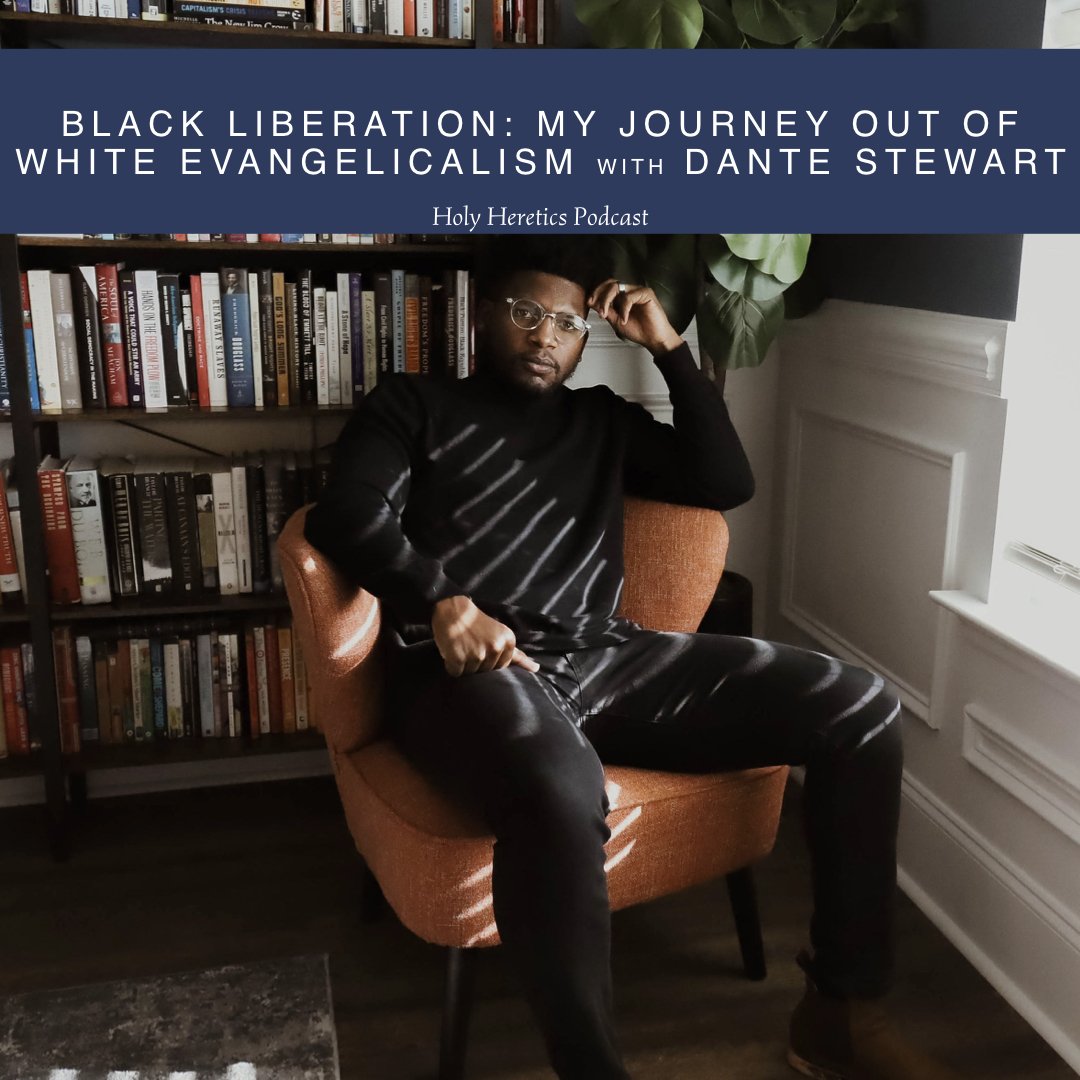
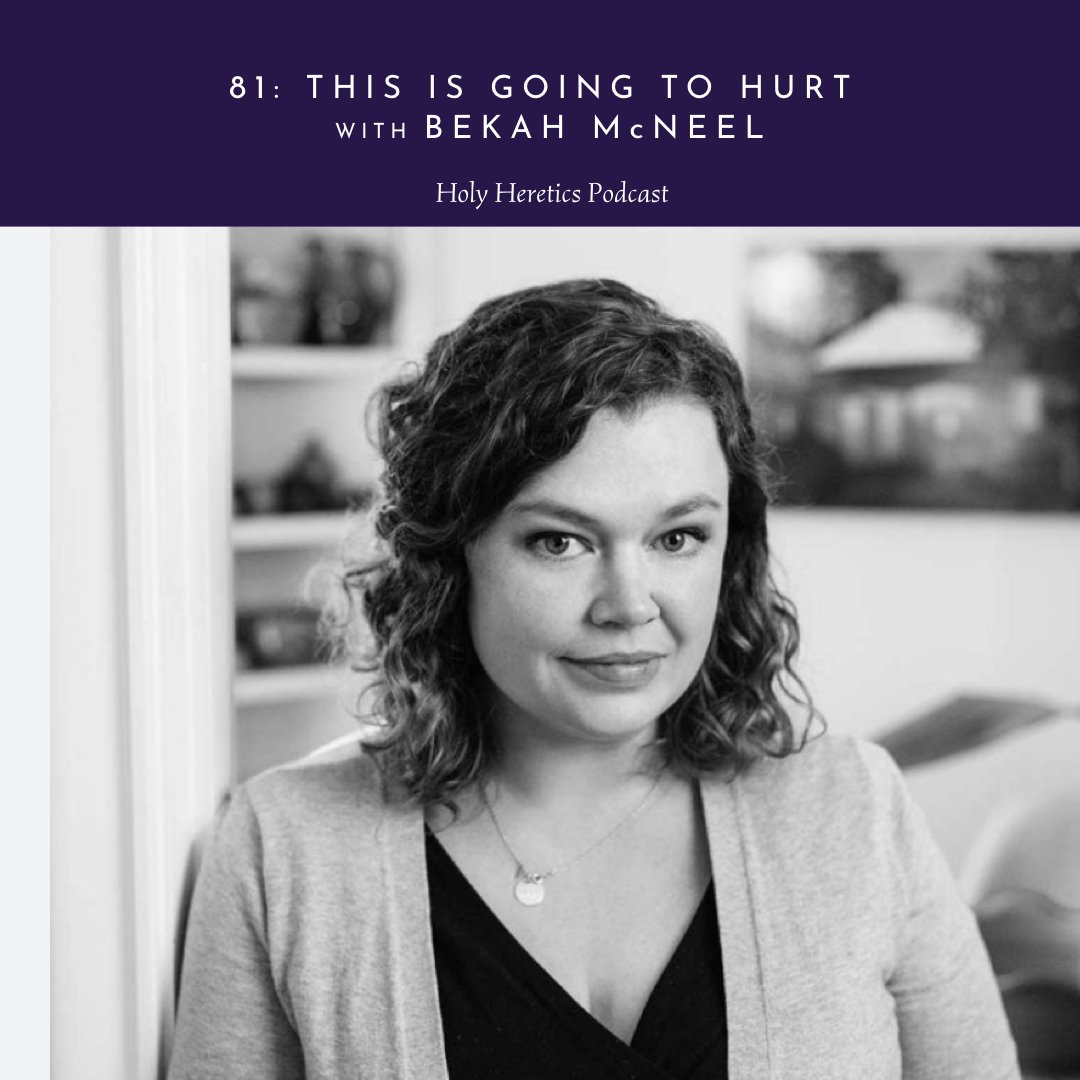
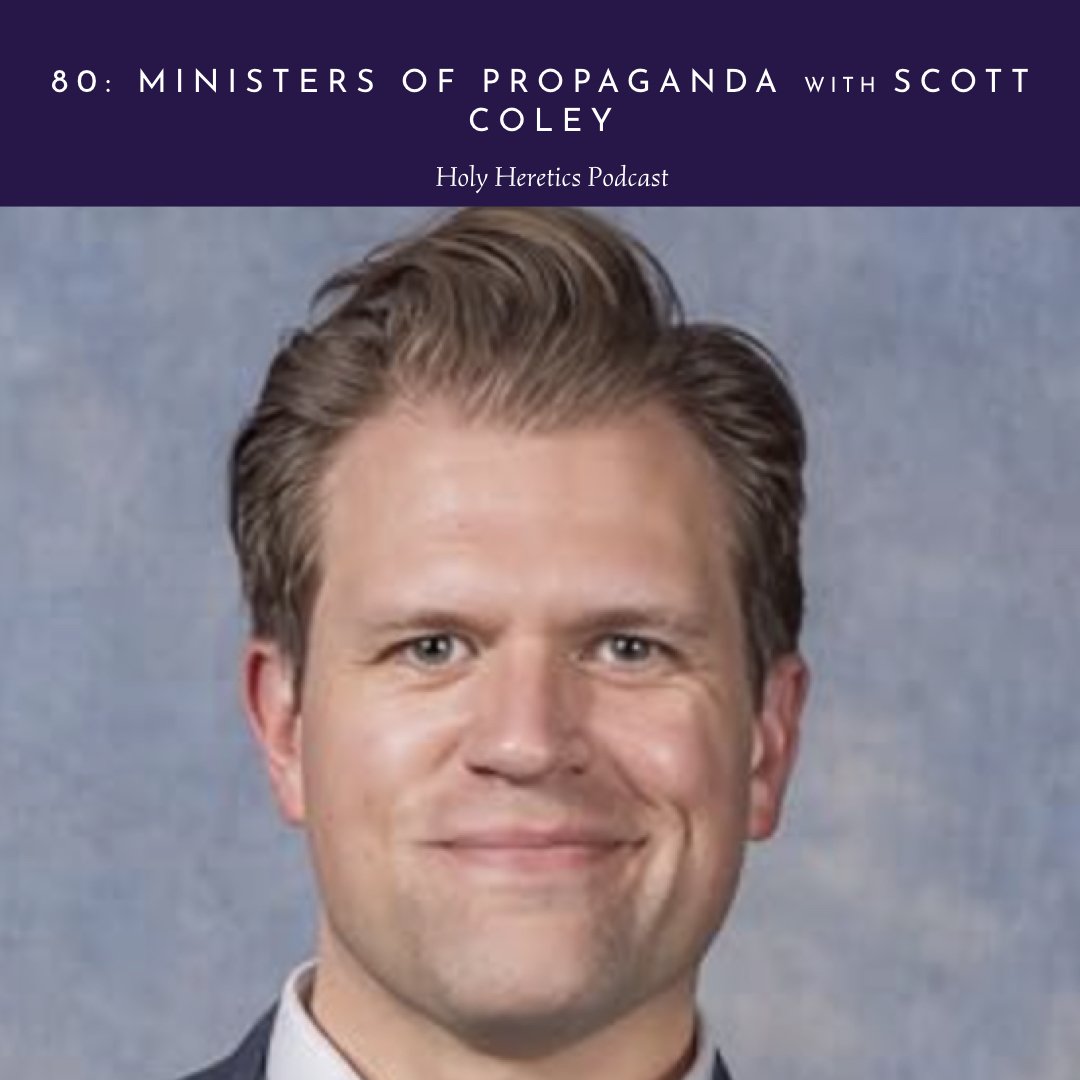
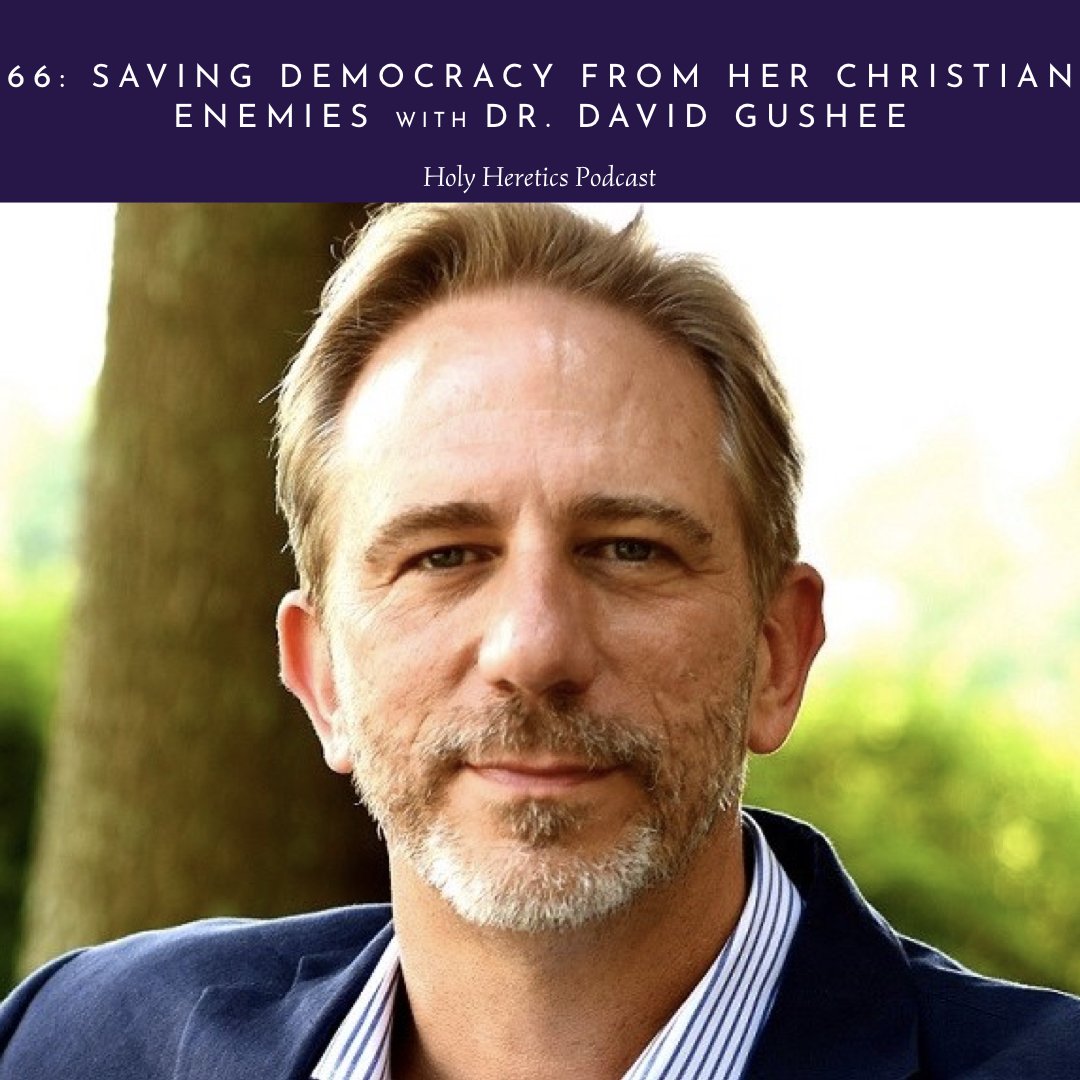
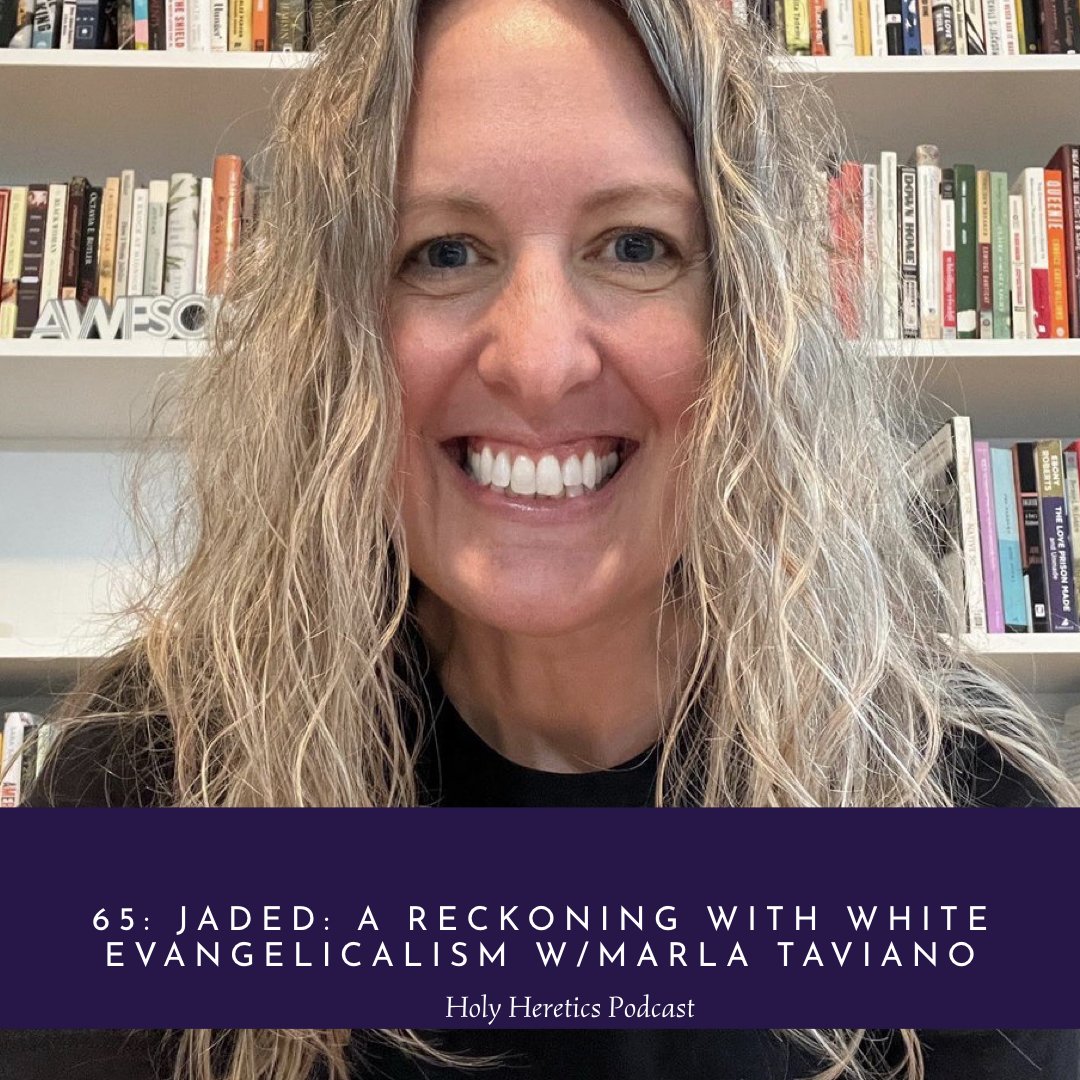
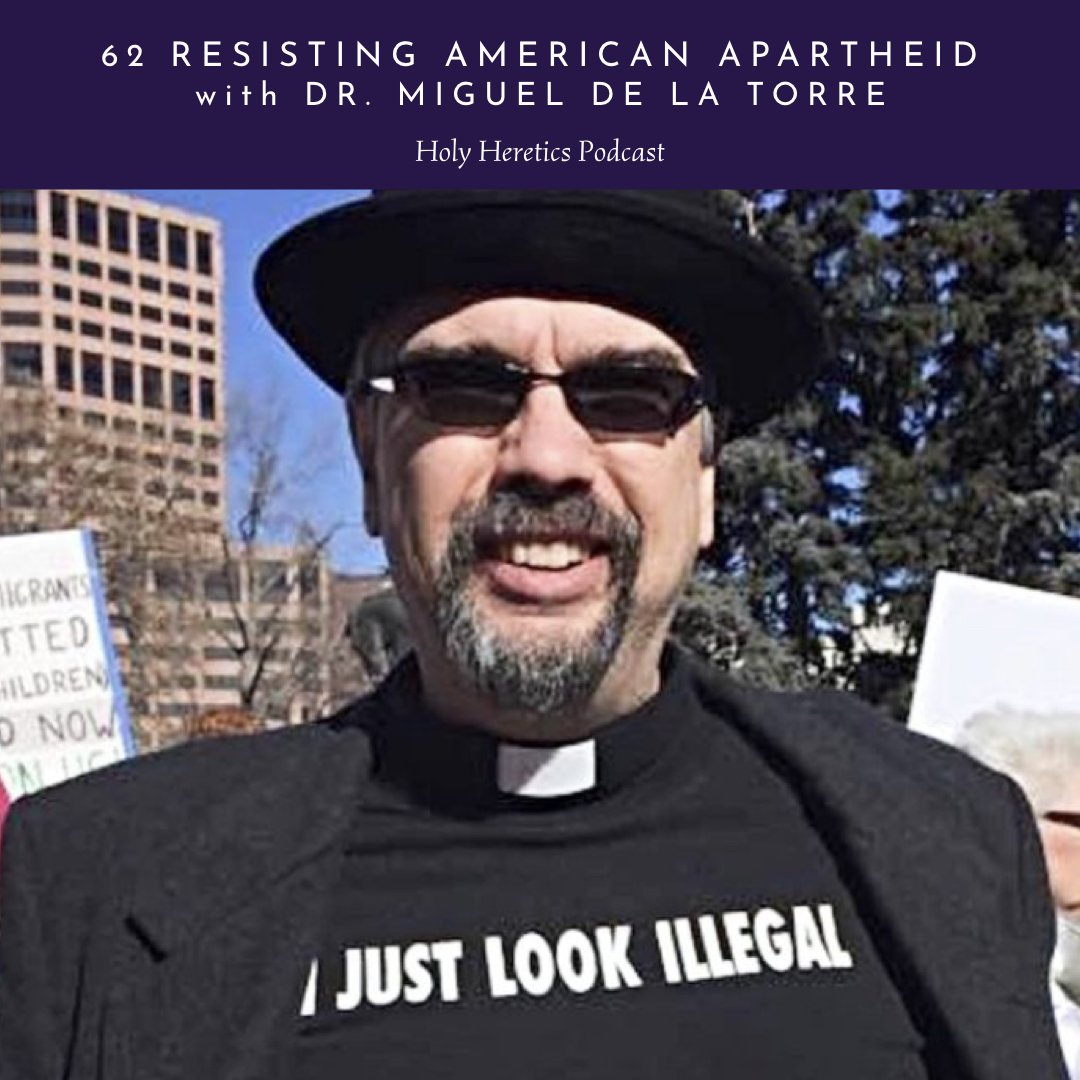
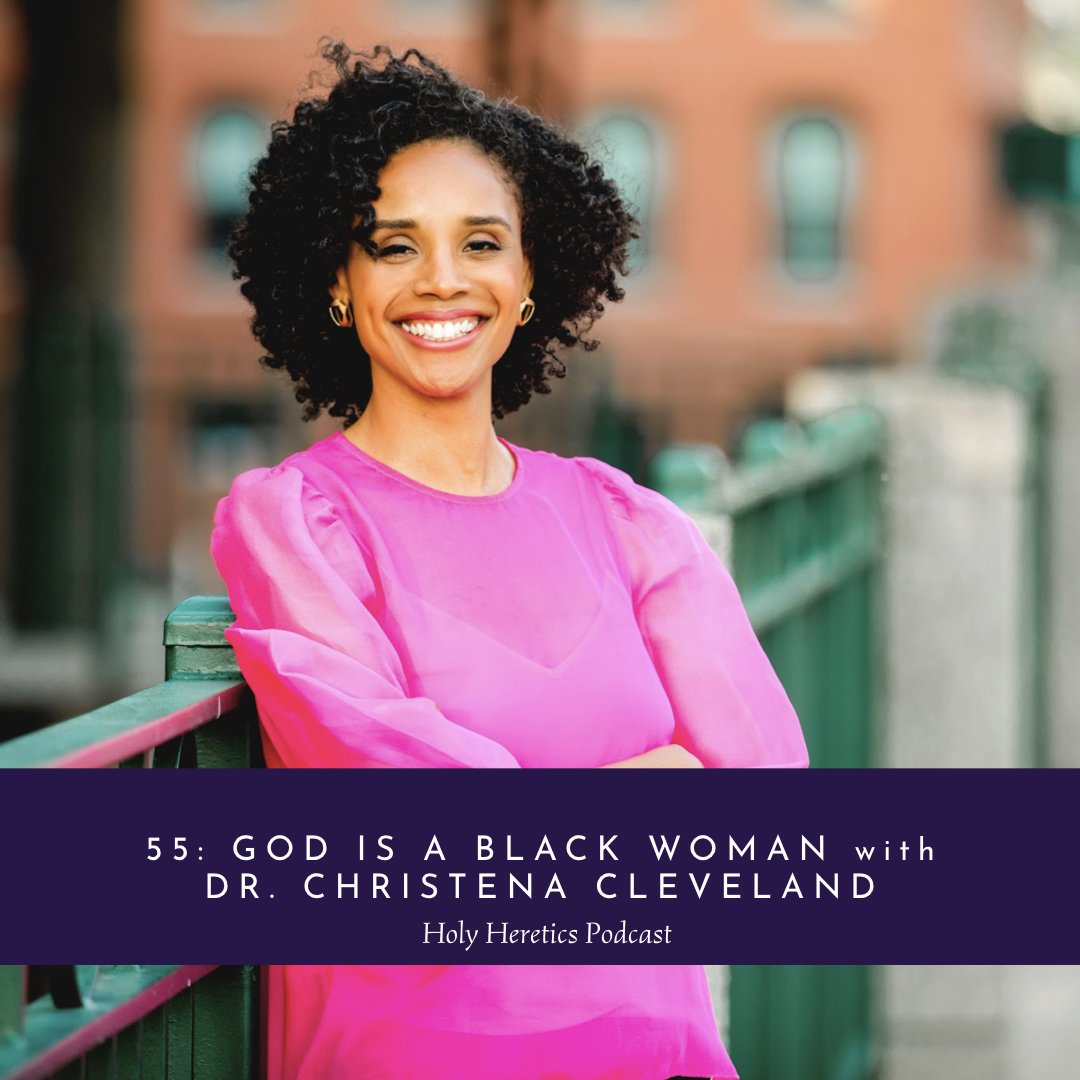
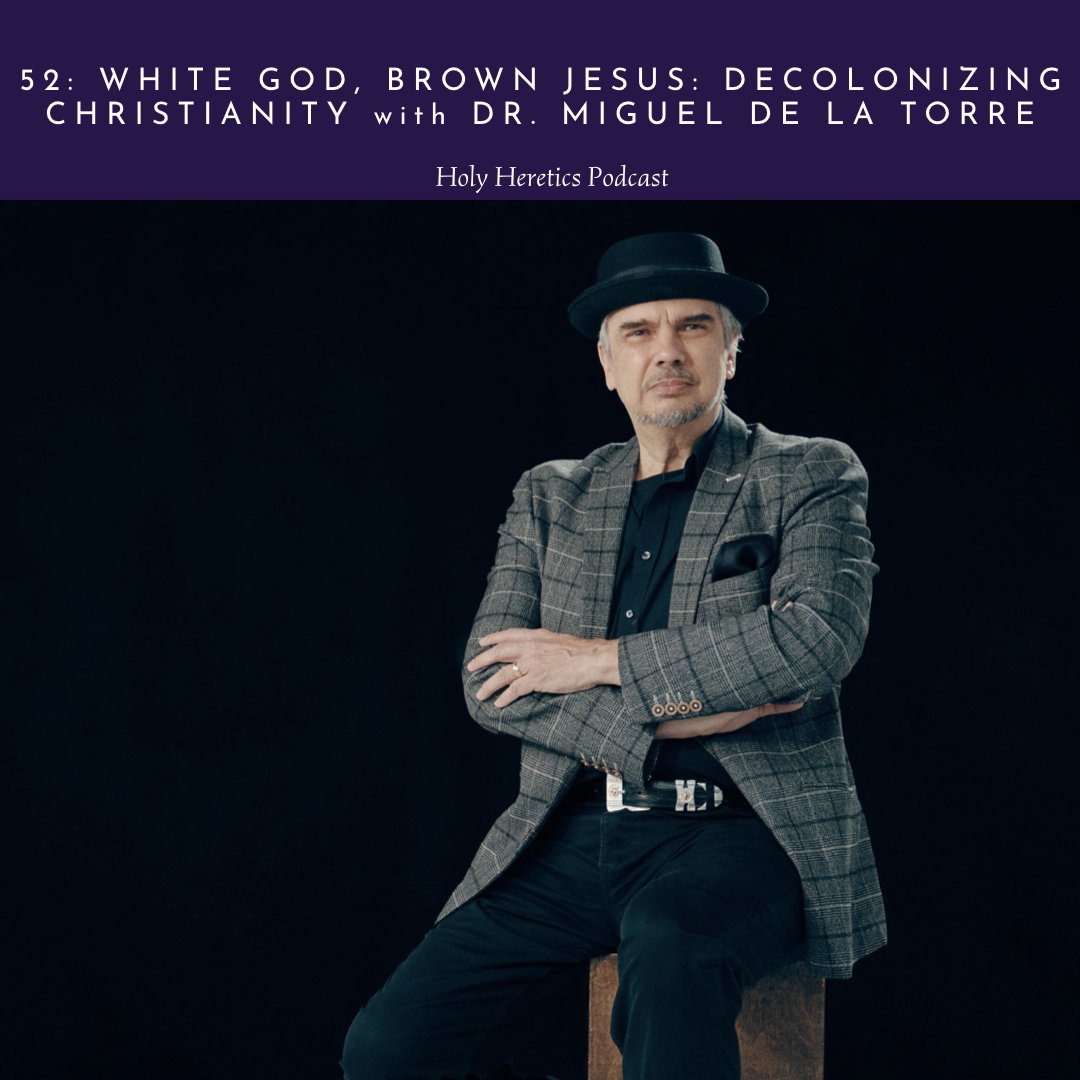
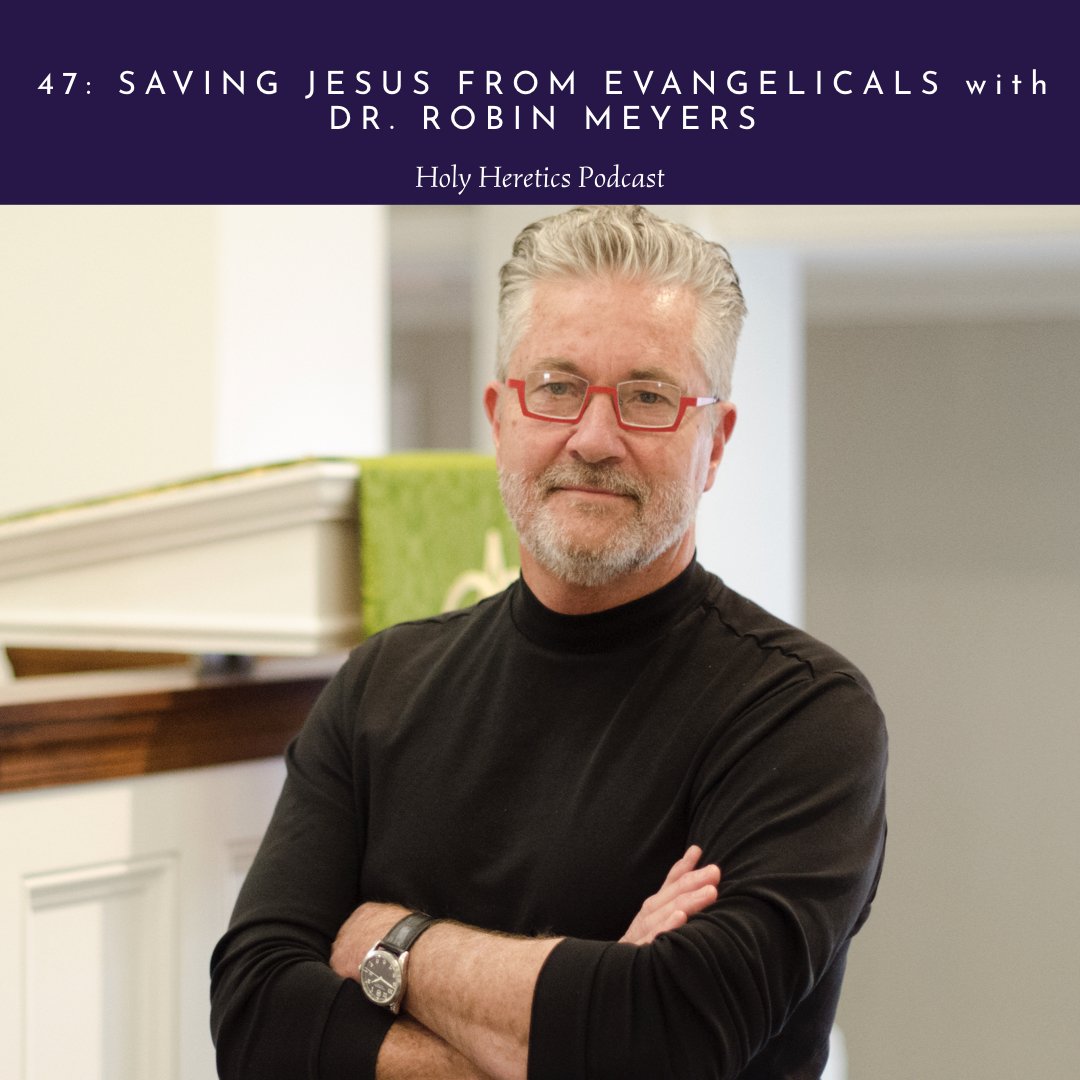

MAGA Christians are cruel because the MAGA cult is cruel; and MAGA Christians are cruel because cruel people tend to become MAGA members.